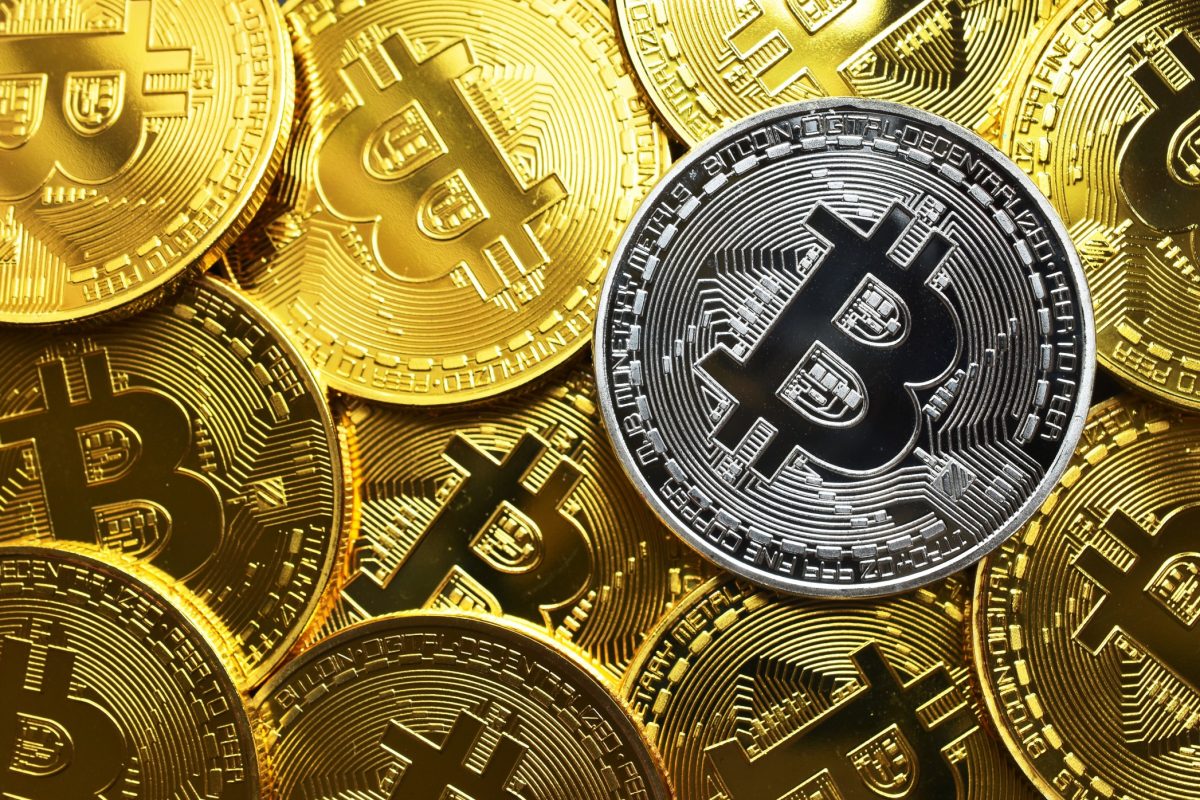As Bitcoin and cryptocurrency surge in popularity, so do the scams associated with them…
A common one is impersonation of popular cryptocurrency exchanges through email or cryptocurrency apps, alarming you about security issues and then redirecting you to a fraudulent site to retrieve your sensitive information and gain access to your Bitcoin or cryptocurrency account. Heads-up, there are very valid looking fake websites out there. To protect yourself, avoid clicking on any links or visiting any sites you aren’t absolutely sure of.
There are spam phone call impersonations that try to gain remote access to, according to them, fix an issue you have. Never give out your passwords or personal information over the phone unless you have personally called a legitimate organization.
Bitcoin and cryptocurrency scammers can also intercept data, so beware of the public Wi-Fi in airports or at your local coffee shop. It is best to conduct any sensitive or financial transactions from your own secure Wi-Fi at home.
Fake Bitcoin giveaways on social media are popular as well. To avoid these scams, just be wary of anything that looks too good to be true. Pyramid schemes, where you are promised hefty profits if you pay upfront with Bitcoin or cryptocurrency. Don’t buy it! There is also sextortion, where scammers claim to be in possession of compromising photos or videos of you and ask that you send Bitcoin to make it go away. They don’t and you shouldn’t.
Bitcoin and cryptocurrency scams are particularly problematic because there are no banks to red flag them and there is no way to recoup your losses once they occur.


